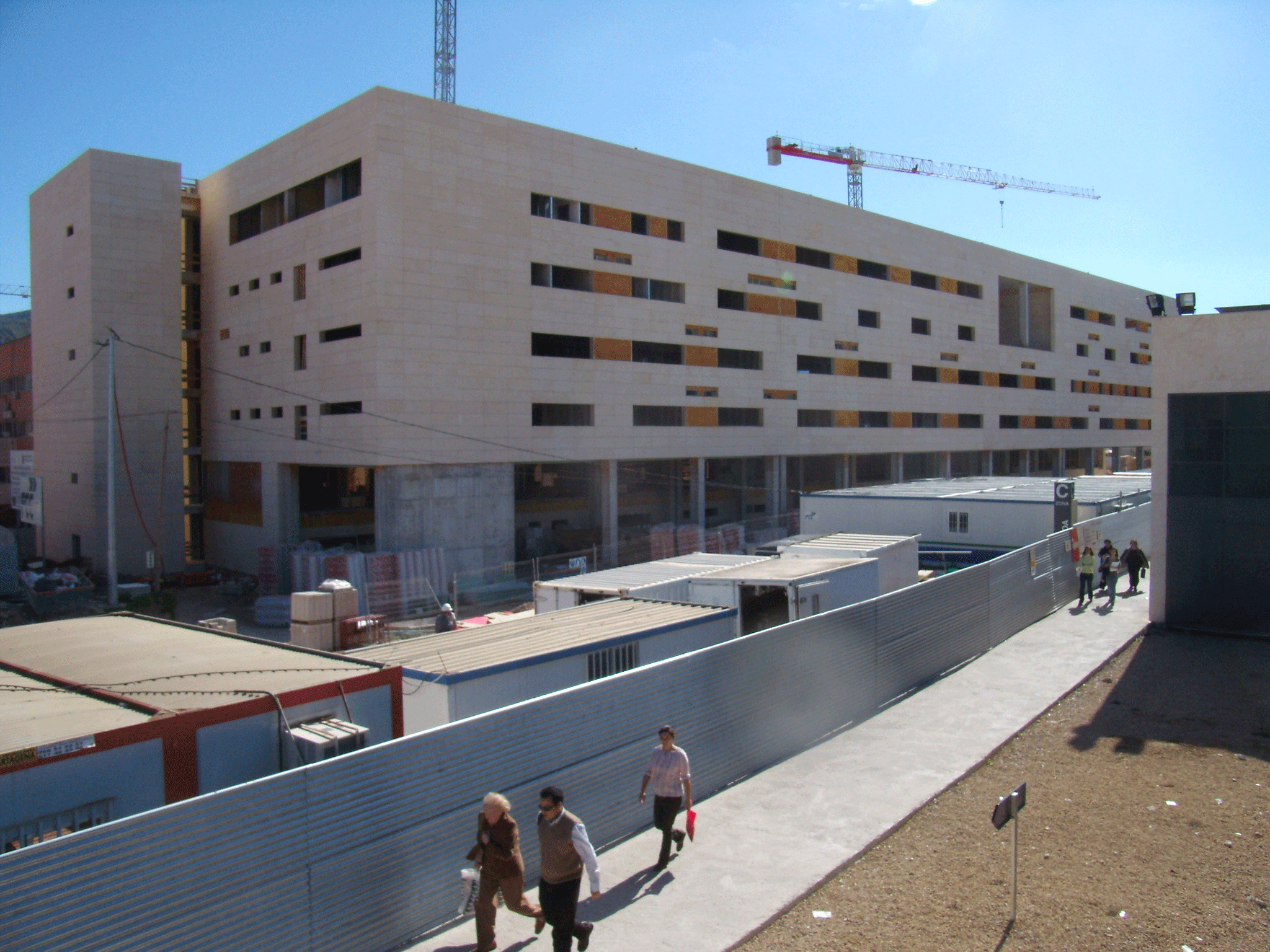The Court of First Instance number 50 of Madrid has condemned the insurer of the Murcia Health Service (SMS) to compensate with 416,611 euros more interest to a man whose baby suffered an encephalopathy during the two years he lived after being born in the Virgen de Hospital Arrixaca, as reported by the patient's advocate association.
The events occurred in April 2011 when the baby's mother, 35, was admitted to this hospital, where she was a midwife, to give birth.
Various incidents during childbirth forced health professionals to perform an urgent caesarean section for loss of fetal well-being . The newborn had to be admitted to the ICU by presenting hypoxic-ischemic encephalopathy due to acute fetal distress.
From that moment, the baby suffered a disability and multiple hospital admissions with specialized assistance 24 hours a day to keep him alive.
At the trial, a caregiver related how the child needed constant vigilance by having severe respiratory problems , convulsions, banchycardia, attacks of hypothermia and hypertemia and epilepsy, which even required constant care during the night.
A year later, in August 2012, the mother died of "sudden illness" , and in 2014 her little one did it because of her own encephalopathy.
The defending association of the patient to which the parents went in their day referred the case to the lawyer Ignacio Martínez, who formalized a lawsuit because he understood that, despite the alarm signs that occurred during childbirth, the caesarean section was not carried out with the early due to avoid choking the child.
A first sentence established in 2017 that the damage should be compensated without specifying an amount because "after the analysis of the tests carried out (...) the serious ischemic hypoxic encephalopathy that suffered the least derives from incorrect skeletal assistance in childbirth".
The father, according to the same source, will donate part of the compensation to a foundation to medically assist third world children .
According to the criteria of The Trust Project
Know more
